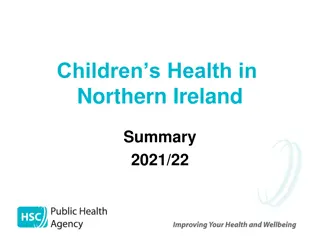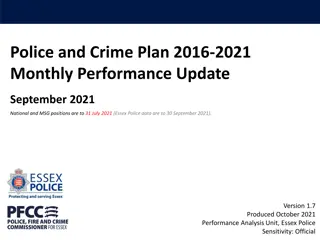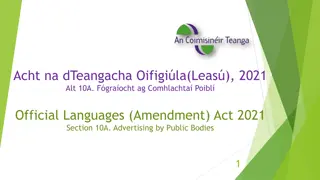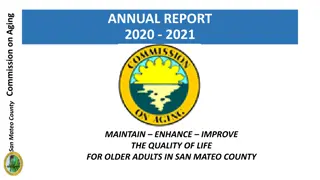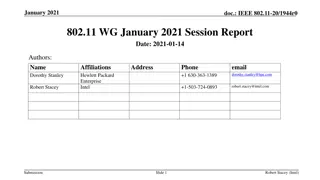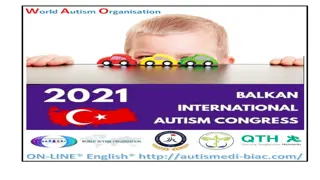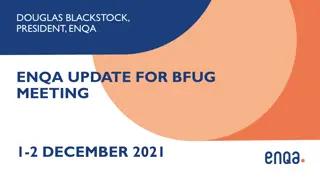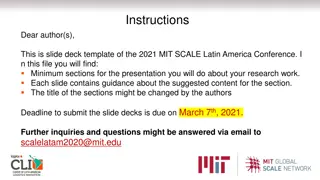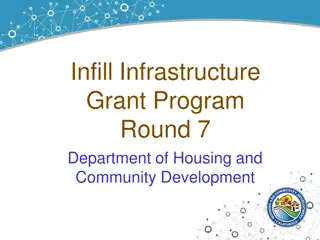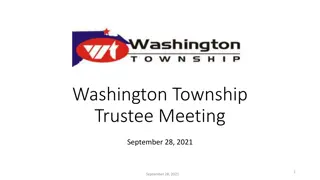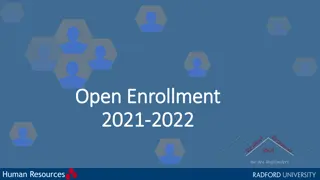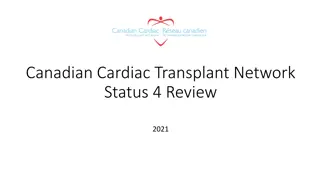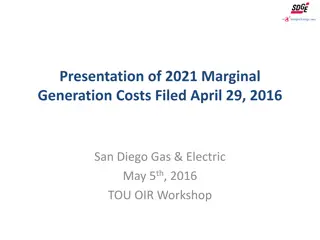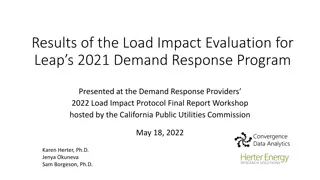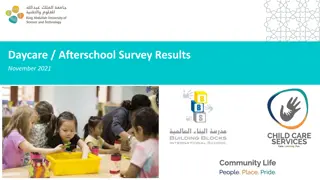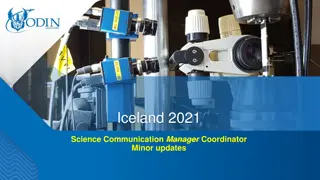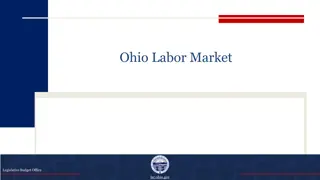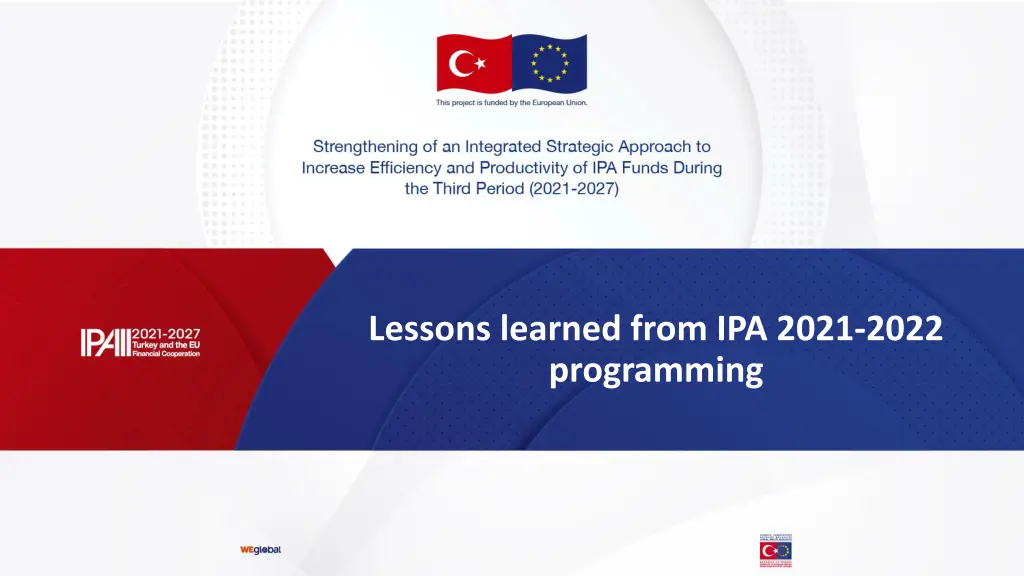
Key Insights from IPA 2021-2022 Programming for EU Legislation
Delve into the lessons learned and strategies recommended from the IPA 2021-2022 programming for aligning projects with EU legislation, emphasizing prioritization, relevance, and maturity. Discover valuable insights for optimizing project proposals in line with Acquis alignment and strategic objectives.
Download Presentation

Please find below an Image/Link to download the presentation.
The content on the website is provided AS IS for your information and personal use only. It may not be sold, licensed, or shared on other websites without obtaining consent from the author. If you encounter any issues during the download, it is possible that the publisher has removed the file from their server.
You are allowed to download the files provided on this website for personal or commercial use, subject to the condition that they are used lawfully. All files are the property of their respective owners.
The content on the website is provided AS IS for your information and personal use only. It may not be sold, licensed, or shared on other websites without obtaining consent from the author.
E N D
Presentation Transcript
Lessons learned from IPA 2021-2022 programming
Context Context IPA III novelties (Windows, lack of country allocations, project-based approach, etc.) EU legislation in place Original recommendation by the Commission to submit as many projects as possible Submission of 330+ Action Fiches to the tune of approx. 3.5 billion each IPA body prepared dozens of Action Fiches Rejection on the level of Action Fiche and then Action Document (accompanied by draft technical/tender documents): 2 phased approach Pre-selection criteria: Relevance Maturity Sometimes reference to sustainability Budget cuts for the entire IPA envelope in the initial period (all IPA III countries) means it is not business as usual Need for some smart approaches Acquis alignment is priority
Lessons learned and what can be done Lessons learned and what can be done Prioritisation on the level of Managing Authority and Intermediate Body (relevance ranking) Prioritisation on the level of Presidency of Strategy and Budget (relevance ranking) Prioritisation on the level of NIPAC (collective relevance ranking) Best if projects are about alignment with the relevant Acquis chapter Linking relevance with maturity at the AF level Non-value added projects and those only relevant on strategic level must be avoided Instruction in AF is insufficient to win; more technical content is required (to be discussed during after afternoon session), also: some activity description shall be included before the logframe Relevance shall be linked to the actual needs of the target group (clear gap assessment), which exemplifies internal consistency of the project (and is clearly linked to the logframe) Relevance shall also be linked to maturity (as it takes time to prepare technical/tender documents); sometimes ideas are well-grounded but they will remain only as ideas for years to come or risk insufficient results (also similar previous projects)
Lessons learned and what can be done Lessons learned and what can be done Virtually, no room for investment projects financed as previously Need for living/evolving project pipeline Relevance is not about being black or white there are different shades of grey Causal association with: Accession partnership, Country progress report, National plan for adoption of acquis, Acquis chapter alignment, NDP, ERP, Reference to SDG (minor as it is only about OECD-DAC codes), alignment with the relevant EU strategies and priorities Avoid fragmented projects and provide clear evidence for coordination/ownership Vision to link interventions with Turkish Investment Platform (TIP) which mirrors Western Balkan Investment Framework (WBIF) Demarcation line between IPA funds and TIP is required A 2-3 phased approach is recommended
This document has been produced with the financial assistance of the European Union. The contents of this publication are the sole responsibility of WEglobal and can in no way be taken to reflect the views of the European Union or Directorate of EU Affairs of the Ministry for Foreign Affairs of the Republic of Turkey (T rkiye).


